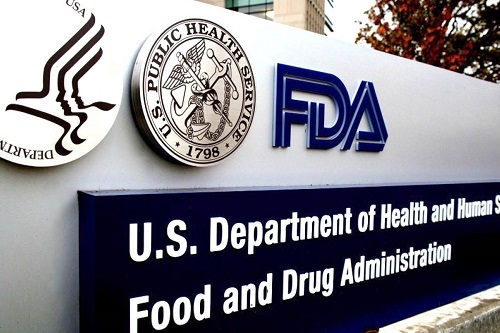News
US FDA announces overhaul of its food-safety programs

The U.S. Food and Drug Administration announced a major overhaul of its food-safety programs on Tuesday, 31 January.
FDA Commissioner Robert Califf said the changes, which include an overhaul of the FDA’s Human Foods Program and its Office of Regulatory Affairs, were designed to ensure the safety of the country’s food supply and to promote better nutrition.
“The proposed structures for both groups will have clear priorities that are focused on protecting and promoting a safe, nutritious U.S. food supply that more quickly adapts to an ever-changing and evolving environment,” Califf said in a statement.
Moving forward, the FDA Human Foods Program will be led by a deputy commissioner with decision-making authority over policy, strategy, and regulatory program activities, as well as resource allocation and risk-prioritization.
Additionally, the FDA will create an Office of Integrated Food Safety System Partnerships to coordinate and integrate our food safety and response activities with state and local regulatory partners.
“We know that we cannot be everywhere, at all times, and our relationships with our state and local regulatory partners will be more important than ever going forward,” Califf said.
The FDA is also creating a Center for Excellence in Nutrition to prioritize the agency’s ongoing efforts to help American consumers make more-informed food choices, “including by working with industry to offer healthier, more-nutritious food products.” Inside the center will be a newly established Office of Critical Foods, and a Human Foods Advisory Committee will be formed from external experts advising the agency on “challenging and emerging issues in food safety, nutrition, and innovative food technologies.”
The FDA’s Office of Regulatory Affairs, which handles inspections, laboratory testing, import controls, and investigative operations, will have a changed operating structure that will support the Human Foods Program and other agency centers.
“This will optimize ORA’s operations in line with the FDA’s public health and prevention-oriented goals. Certain other functions of ORA will be aligned in other parts of the FDA to create an overall stronger agency,” the FDA said.
“This is one of the most important changes in the history of the FDA,” Califf said in a CNN interview. “[Tapping a single leader] unifies and elevates the program while removing redundancies, enabling the agency to oversee human food in a more-effective and -efficient way.”
Califf told the Associated Press some of the changes came from a report completed after a baby formula shortage in 2022 that found the food division was weakened by decentralized leadership, indecisiveness, and a culture of “constant turmoil” that impeded actions to protect public health.
“It had reached the point where something needed to be done,” Califf said.
Califf said an update at the end of February will provide more details about the overhaul.
“Consumers can be confident in the safety of the food they eat each day in part thanks to the work of the FDA’s dedicated workforce. Our ability to continue our work means consistently evolving and adapting with the constantly changing, complex industries we regulate and the emergence of new technologies,” Califf said said. “As a next step, the FDA will need to develop the vision announced today into a concrete reorganizational proposal in close coordination and communication with internal and external stakeholders while ensuring we meet our labor obligations. While details of this proposal continue to be developed, CFSAN, ORA, and OFPR will continue to operate under their current structures, with my direct oversight. I look forward to providing additional public updates by the end of February on our progress, organizational design, and timeline.”
Categories
Contact Us
Contact: Yang Lee
Phone: +86 18765203281
Tel: +86 18765203281
Add: No.435, Lanzhou East Road, Jiaozhou, Qingdao, China 266000